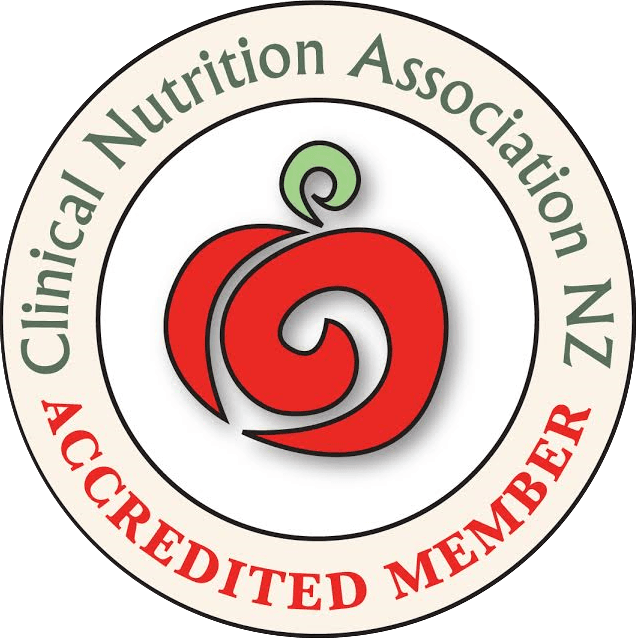Great Health Is All In The Gut!
From the first day of school through to your well-deserved retirement, challenges can arise at every age; your health is no exception to this. More and more, research is showing that your microbiome (i.e. your gut bacteria) is foundational for good health.
A healthy microbiome is a flourishing and diverse ecosystem containing a wide variety of beneficial bacteria and microorganisms, with minimal potentially harmful or disease-producing bacteria. When the microbiome is balanced, you are able to create and absorb important vitamins, your immune system functions well, and you clear waste products effectively (yes, I mean poo!). However, if your gut ecosystem needs a little TLC, life and your belt buckle may be quite uncomfortable.
What is Your Gut Trying to Tell You?
Your gut is one of the hardest working systems in your body. Meal after meal, it hustles to digest your food and extract the nutrients required to sustain you. Despite its’ solid work ethic, your gut can experience occasional performance hiccups, leading to digestive symptoms. While many of these are normal, others may indicate something more serious. Read on to discover what your symptoms say about your gut and ways to improve them.
Transient Belly Bloating
What is it? Short-lived abdominal swelling due to trapped gas.
What causes it? During and after meals, your gut produces enzymes and acids that break down your food, creating gas during this process. While bloating isn’t considered normal, it commonly occurs if you deviate from your standard diet, such as eating larger portions, rich and fatty meals or foods that are more laborious to breakdown, including excess carbohydrates and fibre. These place more burden on your digestive processes, subsequently increasing gas production and bloating.
How do you improve it? While mild bloating generally passes with time, chewing your food thoroughly (15-20 chews per mouthful depending on what you're eating), consuming smaller meals and spacing out your carbohydrate and fibre intake can help.
Flatulence
What is it? Farting.
What causes it? Gas is produced by normal digestive processes, and ‘passed’ at regular intervals. Additionally, increased fibre, fat or sugar intake can create gas. Your gut bacteria also influences the amount of gas produced by fermenting foods to help your digestion.
How do you improve it? It is normal to pass wind around 15 times per day. Additionally, the odd smelly fart is no big deal, particularly if caused by an increase in refined, processed foods (who can say no to the occasional slice of pizza?). However, if you would like to reduce flatulence, moderate your intake of these foods.
Borborymus
What is it? Stomach growling or rumbling.
What causes it? The movement of food, liquid or gas through your digestive tract. Your gut may also ‘growl’ to signal hunger (this is a good thing clearing your GI tract of any debris).
How do you improve the growling caused by food moving? Give your gut a helping-hand by chewing your meals thoroughly, which helps break down your food more efficiently prior to digestion, and reduces gas.
Symptoms That Require Attention
Chronic Constipation
What is it? The infrequent passage of hard poop (less than once daily), often accompanied by straining, a sense of incompletely emptying the bowel and discomfort.
What causes it? Insufficient fibre or reduced fluid intake can slow your transit time (the time it takes for your food to travel from your mouth through to the other end), making you less ‘regular’. Dysbiosis (an imbalance in the types and levels of gut bacteria) can also influence digestive processes and reduce your transit time. Additionally, chronic constipation is associated with irritable bowel syndrome (IBS), a condition that affects the function of the bowel.
How do you improve it? Consume more fibre-rich foods, including fruit and vegetables, and drink enough water. This is put simply, but often GI issues need a thorough looking at, which is where I come in...
Diarrhoea
What is it? Soft, loose or watery stool that occurs more than three times daily.
What causes it? Diarrhoea may be a symptom of a bacterial or viral infection, such as gastroenteritis, or be related to certain medications, particularly antibiotics. Additionally, IBS and inflammatory bowel disease (IBD), a condition involving inflammation of the digestive tract, may cause diarrhoea.
How do you improve it? IBS and IBD are serious conditions that require a professional diagnosis and care from a health practitioner. However, if your symptoms are associated with antibiotic use, a probiotic recommended by your healthcare practitioner may help with this.
Malodorous Gas
What is it? Farts that clear a room.
What causes it? Your microbiome consists of a range of bacteria (38 trillion microbes!) that help digestion by fermenting your food, particularly fibre. Imbalances in the levels of different bacterial species can lead to increased gas production with a pungent odour.
How do you improve it? There are three specific probiotic strains (types of bacteria), Lactobacillus rhamnosus (LGG®), Saccharomyces cerevisiae (boulardii) and Bifidobacterium animalis ssp lactis (BB-12®), which have been shown to help restore a healthy balance of bacteria within your microbiome.
Abdominal Pain
What is it? Sharp, dull, stabbing, cramp-like, or twisting pain in your abdomen. Most people experience occasional gut discomfort, however severe gut pain that is episodic, regular or continuous requires assessment, particularly if accompanied by other symptoms such as fever, changes to your poop, nausea and/or vomiting.
What causes it? Abdominal pain has many potential causes, the most common being gas pain, food intolerances or allergies, or indigestion. However, abdominal pain can also be a sign of something more serious, including appendicitis, gallstones, ulcers, infections, kidney stones, and many other conditions.
How do you improve it? If gut pain has become a pattern rather than a one-off incident, seek guidance from a healthcare professional.
If you regularly experience one or more problematic symptoms, consult with a Natural Health practitioner for further investigation, particularly if it is new or getting worse. Heather@foodforlife.co.nz, 0278125071.


